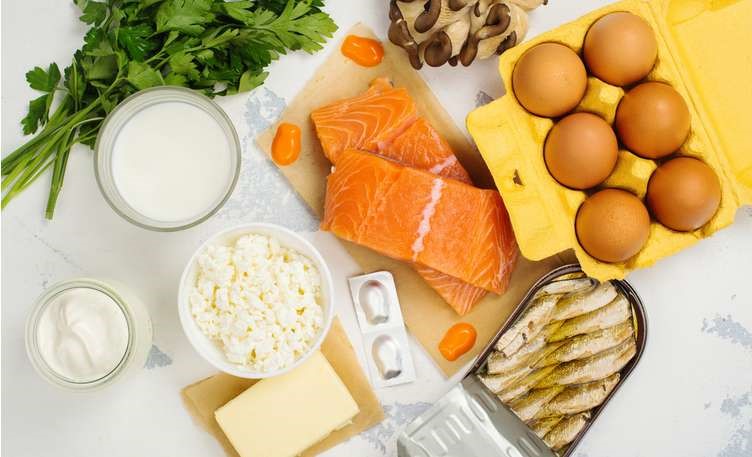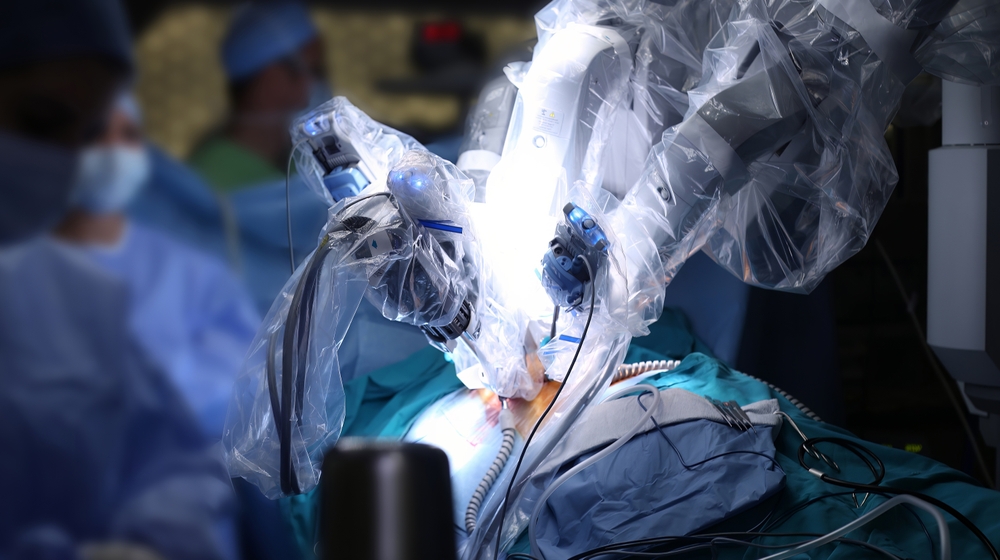
Reason for the rising number of breast cancer cases in Indian women
Reason for the rising number of breast cancer cases in Indian women
Breast cancer is the most common cancer among women globally. According to World Health Organization, more than twenty lakh females were diagnosed with breast cancer in 2020. The disease caused more than six lakh eighty-five thousand deaths in the same year. At the end of the year 2020, more than 78 lakhs women with breast cancer were alive, making breast cancer the most prevalent cancer type in the world.
In India, the incidence of breast cancer has increased significantly. There was almost a 50% rise in incidence between 1965 and 1985. The estimated number of cases in India in 2016 was one lakh eighteen thousand. The total number of living breast cancer cases in the same year was more than five lakh twenty-five thousand.
The Globocan data 2020 estimates that, in India, breast cancer accounted for 13.5% of all cancer and around 10.6% of all deaths.
As per recent studies, the trend of this disease is rising in younger Indian women. According to epidemiological data, more than 25 in every one lakh women develop breast cancer. Approximately 13 in every one lakh women succumbed to death due to breast cancer. Genetic factors and family history of breast cancer (inheritance of BRCA1 and BRCA2 genes) can increase the risk. These factors are beyond our control. But many studies have identified factors such as obesity, poor lifestyle, smoking, and drinking alcohol can increase your risk significantly. Poor lifestyle and excessive body weight can be the two major risk factors for breast cancer post-menopause. Our affinity towards the western culture has brought a significant change in our eating habits. Under the veil of fast food, we consume ultra-processed foods, unhealthy fats, and high-sugar foods. We will discuss how changing dietary and lifestyle habits increase our proximity toward breast cancer.
What is the relationship between inflammation, diet, and breast cancer?
When someone talks about inflammation, we create a negative picture of it. But inflammation is a part of our body's defense mechanism. When our body faces any infection or foreign particles, the white blood cells cause inflammatory reactions neutralizing these pathogens. But many studies have suggested that inflammation (both acute and chronic) can cause several health hazards, including breast cancer. Food items loaded with processed meat, trans-fats, artificial preservatives, and sugars are pro-inflammatory foods. Alternatively, the food items like fruits, green vegetables, lean proteins, probiotics, and whole grains have anti-inflammatory compounds such as flavonoids, carotenoids, fibers, and vitamins.
However, it is critical to know that unhealthy dietary habits are only one of the factors responsible contributing to breast cancer.
So, what can we add to our plate?
We can have a diet plan consisting of anti-inflammatory food items, such as:
- Green leafy vegetables: Spinach, green mustard, fenugreek, cabbage, red cabbage, and colocasia are some green vegetables, which are abundant in India and are rich in antioxidants, iron, and folate.
Lutein, beta carotene, and zeaxanthin are anti-cancerous antioxidants present in green leafy vegetables are associated with a decreased risk of breast cancer.
- Fatty fish: Salmon, basa, sardines, and mackerel are excellent sources of omega-3 – essential fatty acids. Omega-3 prevents oxidative stress injury and reduces inflammation. Selenium, an essential-antioxidant micronutrient found in these fishes, can reduce the risk of breast cancer.
- Berries and citrus fruits: They are rich sources of vitamin C, flavonoids, and anthocyanin, which prevent cellular damage, thus decreasing the development and the progress of cancer cells. Berries also provide anti-cancer and anti-inflammatory compounds like quercetin, hesperetin, and naringenin.
- Fermented foods: Dietary items such as kimchi, yogurt, sauerkraut, and miso are rich in vitamins, minerals, probiotics, and antioxidants. They reduce the risk of breast cancer and support overall health.
- Allium vegetables: They include turmeric, garlic, and onion. These are excellent sources of organo-sulfur antioxidants. Many studies support that their consumption may lead to reduced incidences of breast cancer.
- Cruciferous vegetables: Cabbage, broccoli, and cauliflower are an example of cruciferous vegetables that are excellent anti-inflammatory foods and reduce breast cancer risk. The glucosinolate compounds in cruciferous veggies have proven anti-cancerous actions.
Can physical inactivity aggravate your breast cancer risk?
Some clinical studies have shown a strong correlation between reduced physical activity and an increased risk of breast cancer. Though scientists are still trying to find the exact reason for this association, many studies have confirmed the inactive lifestyle causes imbalance in our hormonal levels. Some of the impacts of physical inactivity are:
- Lower insulin resistance:
Insulin resistance is a medical condition in which the hormone insulin loses its efficacy in maintaining a healthy blood sugar level. Insulin resistance can increase the inflammation levels in our bodies. The higher inflammation level can translate into a higher risk of breast cancer.
- Obesity:
Less physical activity may cause excess body weight. Some clinical studies suggested a link between obesity and breast cancer. Regular practice of aerobics, walking, cycling, swimming, or dancing can help maintain a healthy weight.
Excessive screen time or culture of binge watching
Excessive screen time on television, laptops, mobiles, or tablets significantly increases our sedentary levels thus increasing our risk of having excessive body weight. These devices have a deluge of advertisements on enticing high-calorie food and drinks, thus prompting us to gorge on these unhealthy foods causing weight gain and obesity.
The Conclusion:
Breast cancer is one of the most common cancers globally. Recently we have been witnessing a rising number of cases among young Indian women. Our inclination towards the western lifestyle is one of the causes of this rise. Though genetic and hereditary factors are beyond our control, a healthy lifestyle can make a difference. Simple dietary modifications, such as including anti-inflammatory and avoiding pro-inflammatory foods, can be your starting point. Also, do not underestimate the benefits of an active lifestyle. Hit the gyms or do the workout as per your interest.
The prognosis of breast cancer is better when diagnosed early and treated promptly. Go for regular health checkups and mammography as prescribed by your healthcare provider. Educate yourself about the symptoms of breast cancer and do the self-breast examination regularly. In case of an anomaly, visit your healthcare provider immediately.






